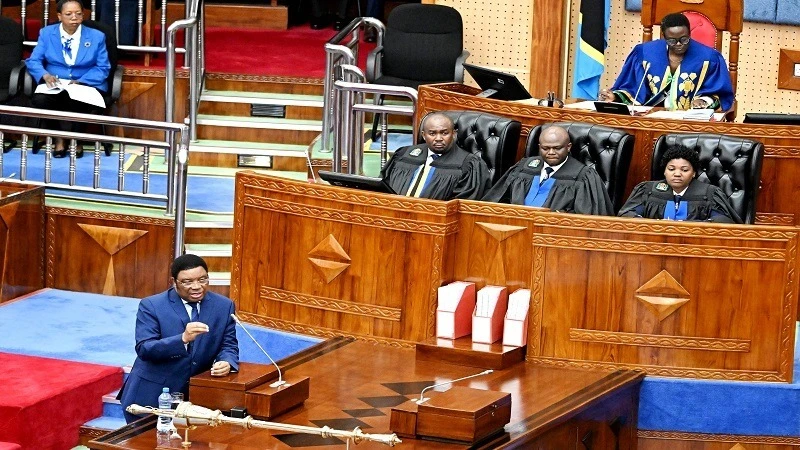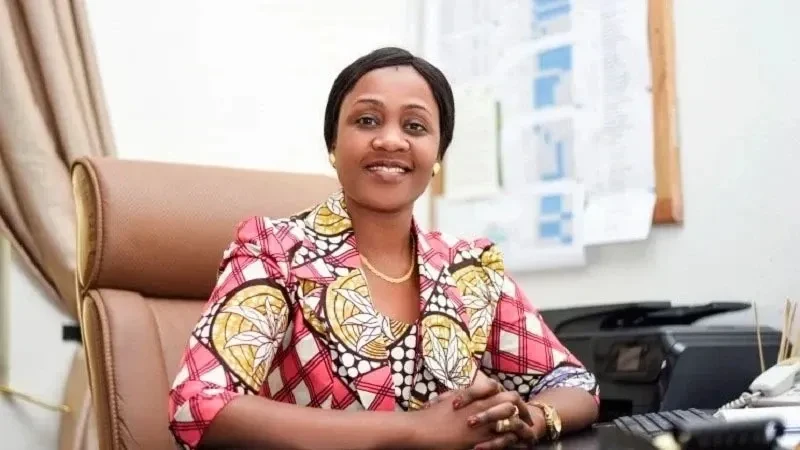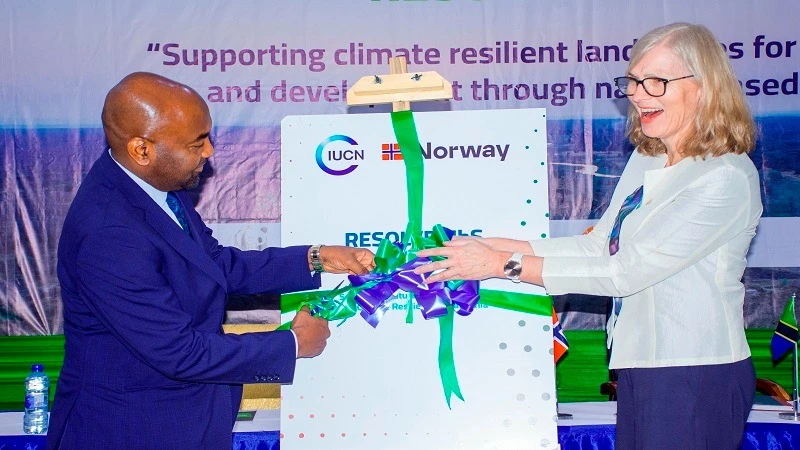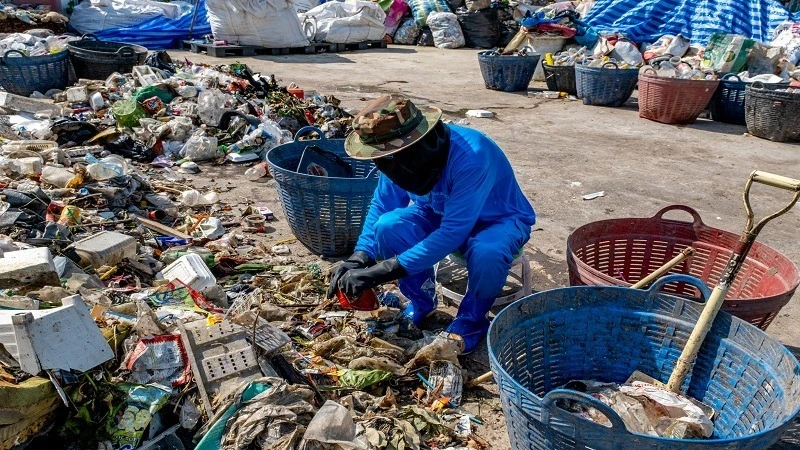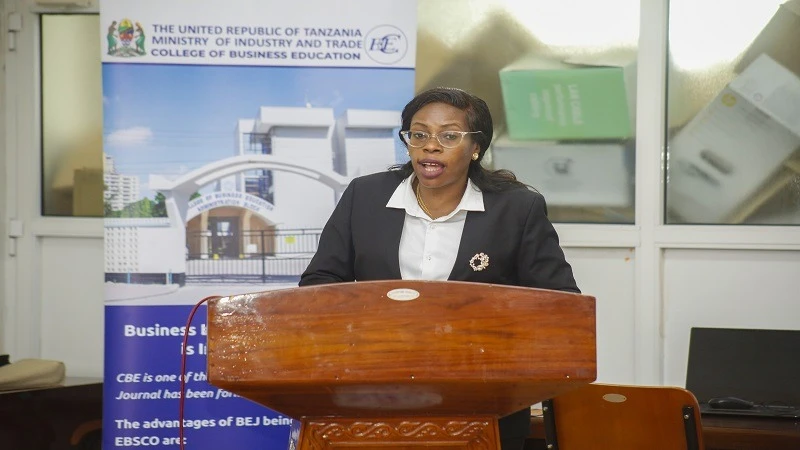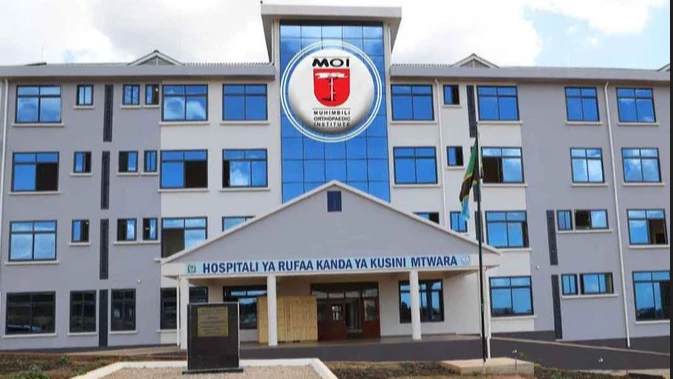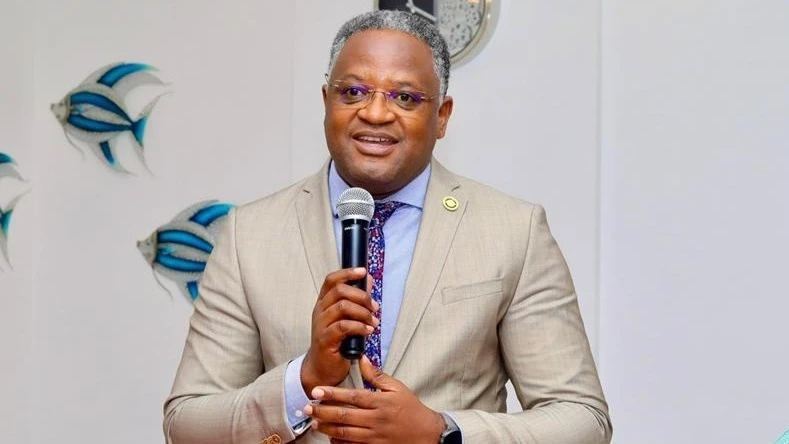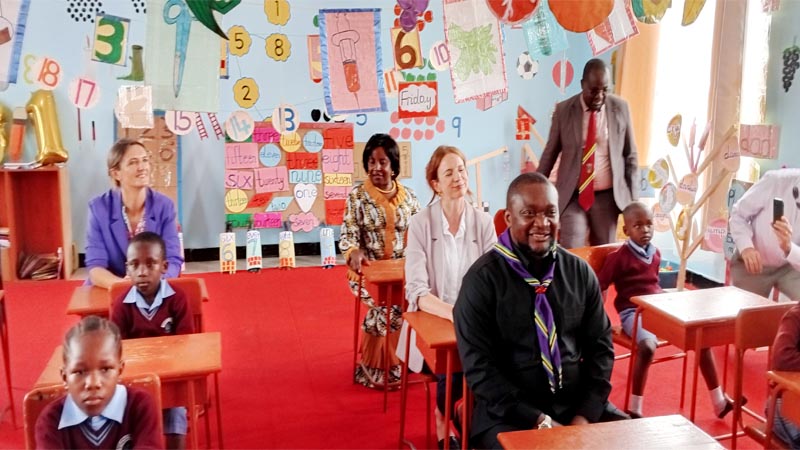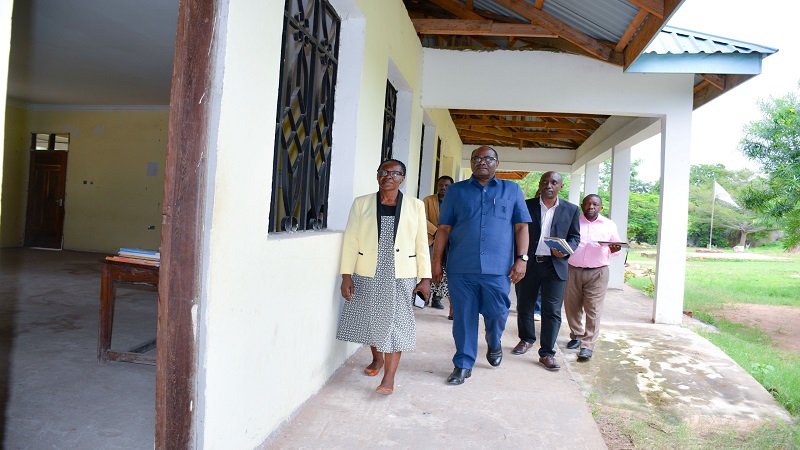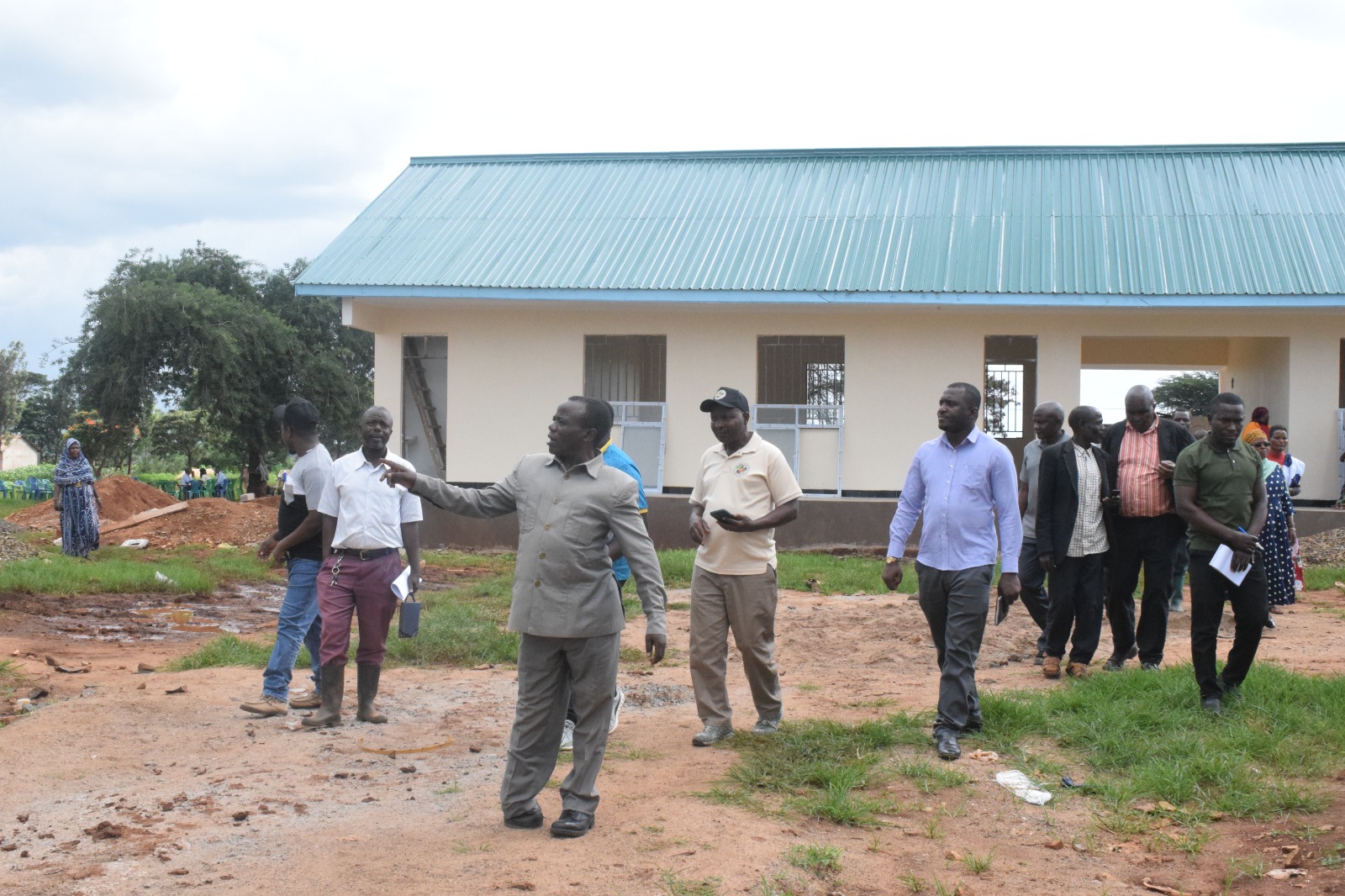Celebrating Beijing +30 with renewed focus on girls empowerment
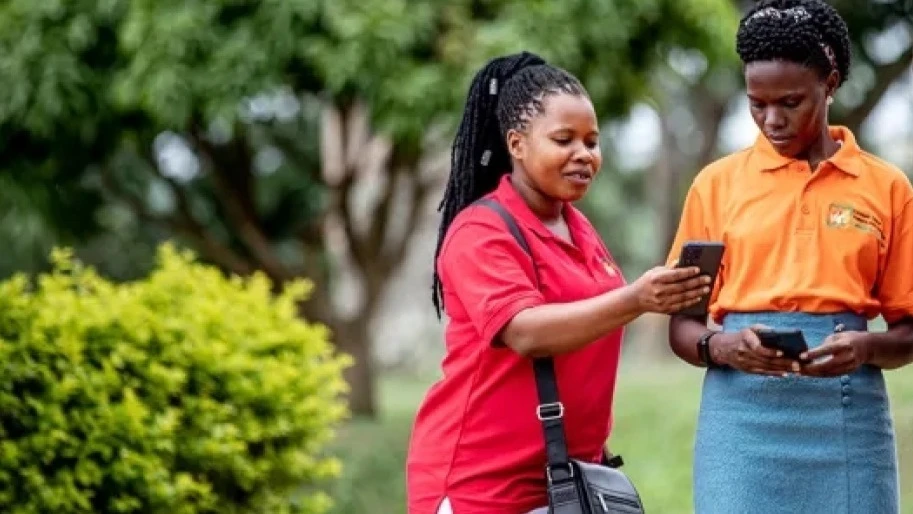
THE year 2025 marks the 30th anniversary of the Beijing Conference held in China in 1995—a landmark event that set forth resolutions aimed at achieving justice, rights and empowerment for women and girls.
Over the past three decades, efforts to uphold the dignity of girls have faced opposition, with some critics arguing that prioritizing girls' rights undermines those of boys.
However, Prof Ruth Meena dismisses these claims, emphasizing that the Beijing Declaration and Platform for Action (BPfA) is a framework designed to promote gender equality for all.
Prof Meena highlights that the 1995 Beijing Conference identified 12 critical areas for action to ensure the rights and empowerment of women and girls. The core theme of the conference, Empowering Women is Empowering Humanity, underscores the necessity of addressing systemic discrimination and barriers that disproportionately affect girls and women.
Why focus on girls?
Prof Meena explains that prioritizing girls' empowerment is essential due to deeply entrenched patriarchal structures that subject them to violence, discrimination, and exclusion.
In many societies, women lack inheritance rights, face economic marginalization, and endure physical and psychological violence. Girls are particularly vulnerable to early and forced marriages, depriving them of education and opportunities for self-determination.
The Beijing Declaration called for governments to take concrete steps to eliminate violence against girls and ensure equal rights for all children, irrespective of gender.
This includes establishing laws, policies, and programs to combat harmful practices such as female genital mutilation (FGM), child marriage, and other cultural norms that suppress girls' rights.
Progress, on-going challenges
Robi Samuel, Executive Director of Hope for Girls and Women in Tanzania, affirms that empowering girls is crucial for advancing gender equality.
She argues that the movement is not about prioritizing girls over boys but about dismantling systemic inequalities and creating a just society where all individuals have equal opportunities.
“In Tanzania, empowering girls is crucial to eliminate the various forms violence against them, including sexual abuse, early marriages, and physical mistreatment,” Samuel stated, adding that in regions like Mara, where December has traditionally been a time for Female Genital Mutilation (FGM) ceremonies, community empowerment initiatives have led to significant social change.
Boys in some cases have sought help from rights organizations to protect their sisters from forced marriages and FGM.
Through empowerment programmes, girls have gained awareness of legal protections against gender-based violence (GBV), early pregnancies and forced marriages. This knowledge helps address broader issues such as HIV/Aids prevention and the cycle of poverty among women and girls.
Samuel highlights the persistent gender-based violence in Tanzania, where women frequently bear the brunt of domestic abuse. Cases of severe physical harm, including eye injuries, broken limbs, and even fatalities due to domestic violence, are commonly reported in Mara Region.
Girls are often denied education, as some parents prioritize their sons' schooling over their daughters', reinforcing economic and social disparities.
By advocating for girls' empowerment, organizations like Hope for Girls and Women in Tanzania are challenging these patriarchal norms and ensuring that girls have access to education, economic opportunities, and legal protections.
Samuel emphasizes that women's empowerment contributes significantly to national economic growth. By supporting women’s participation in economic activities, the country can increase its GDP and reduce poverty.
Gender equality not only benefits individuals but also strengthens the broader economy by ensuring inclusive political and civic participation.
Addressing HIV/Aids through empowerment
According to the Tanzania HIV Impact Survey (THIS) 2022-2023, HIV prevalence is significantly higher among women than men, particularly in the 30-49 age group. The survey reveals that Tanzania records approximately 60,000 new HIV cases annually among adults, with women at greater risk due to factors such as marital rape, forced marriages and poverty.
Empowering women with knowledge and resources can help mitigate their vulnerability to HIV/Aids by enabling them to negotiate safer relationships, seek medical care and gain financial independence.
When girls receive education, they gain knowledge about HIV transmission, prevention, and treatment. Awareness programmes help them understand their rights and the importance of negotiating safe relationships. Schooling reduces the likelihood of early marriages and risky sexual behaviours that increase HIV exposure.
Financially empowered girls and women are less likely to depend on men for survival, reducing situations where they engage in transactional sex or coercive relationships. Economic independence enable girls to make informed choices about their health, including access to healthcare and HIV testing.
Poverty increases girls’ vulnerability to HIV by forcing them into risky behaviours for financial survival. Empowerment provides girls with alternative paths to financial security, reducing the risk of engaging in unsafe relationships.
Vision 2050
An analysis by the Women’s Coalition on Constitution, Leadership, and Elections on Tanzania’s 2050 National Development Vision highlights persistent gender disparities in employment.
While women dominate the agricultural sector at 54 percent compared to men at 48 percent, they remain underrepresented in most other industries.
For instance, in the public sector, the employment ratio stands at 42 percent women versus 58 percent men, while in parastatals, the gap is even wider—18 percent women compared to 82 percent men. In the private sector, women hold only 28 percent of jobs, while men dominate at 72 percent.
The coalition stresses that Tanzania must intensify efforts to empower girls to bridge the above mentioned gaps. Providing girls with better access to education, healthcare, and economic opportunities will enable them to contribute meaningfully to national development.
As Tanzania celebrates Beijing +30, stakeholders must renew their commitment to gender equality by implementing stronger policies and programmes that uplift girls and women.
The fight against gender-based violence, discrimination, and economic exclusion requires collective action from governments, civil society, and communities.
By investing in girls’ empowerment, Tanzania can pave the way for a more inclusive, prosperous, and equitable society for future generations.
Top Headlines
© 2025 IPPMEDIA.COM. ALL RIGHTS RESERVED











